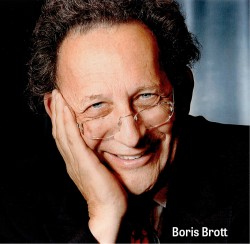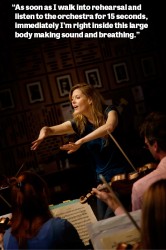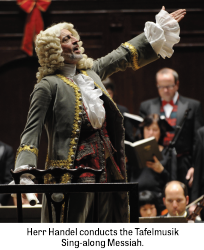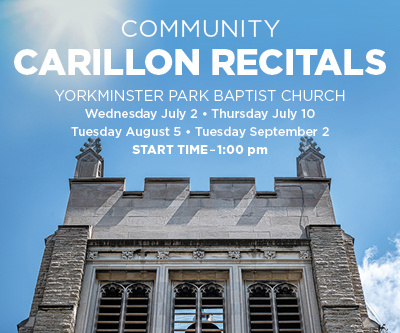All Roads Lead to Summer
Am I just imagining it, or was musical life once much more tidily compartmentalized? There was the season (coinciding with the school year), on the one hand, and the summer on the other. Within the summer there were festivals and concerts to go to , or summer camps and courses one could enrol in.
Nowadays along with overlap between the seasons, there is a blurring of the lines: between summer festivals and academies; between opportunities for music lovers to attend concerts in the usual way and opportunities to become involved in a hands-on way. For serious music students, if you take the summer to recharge your batteries, you have to wonder if you are losing ground between school years. For concert presenters and summer music educators, the challenge is to figure out how to bridge the gap without losing their identity.
 Hamilton’s Brott Festival is an interesting example. Led by conductor Boris Brott, the festival has long boasted a busy annual summer season chock-full of orchestral classics as well as lesser-known works. This year has 11 planned performances so far between June 18 and August 14 (including Berlioz’s Symphonie fantastique, a concert spotlighting Italian and Italian-influenced works, a performance of a Viennese gala evening with works by Strauss, Lehár and Piazzolla and collaborations with the National Ballet and Festival of the Sound). Brott and his team show no signs of letting up.
Hamilton’s Brott Festival is an interesting example. Led by conductor Boris Brott, the festival has long boasted a busy annual summer season chock-full of orchestral classics as well as lesser-known works. This year has 11 planned performances so far between June 18 and August 14 (including Berlioz’s Symphonie fantastique, a concert spotlighting Italian and Italian-influenced works, a performance of a Viennese gala evening with works by Strauss, Lehár and Piazzolla and collaborations with the National Ballet and Festival of the Sound). Brott and his team show no signs of letting up.




